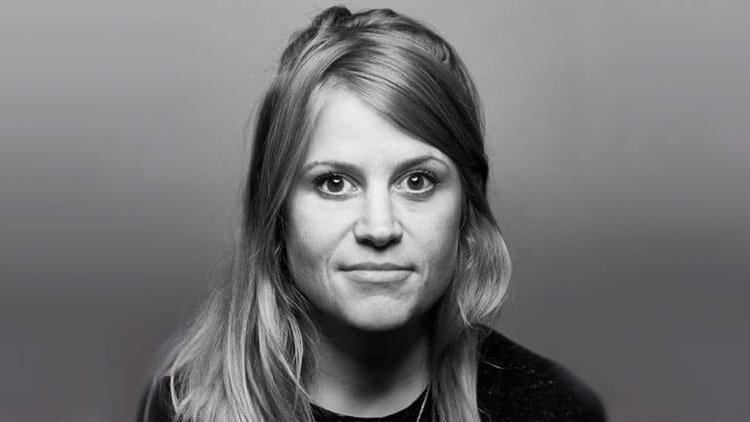
What Doesn’t Kill the Production Industry, Will Make it Stronger
The expression 'unprecedented times' makes me recoil. It’s been so frequently used of late, yet there is still no better turn of phrase to describe our current predicament, and its growing impact on the production industry.
With all festivals and now sporting events torn out of 2020, and 17 films and counting pulled from this year's box office, it seems we can only turn to Contagion for solace; as a film made almost a decade ago finds itself in Netflix's most watched spot.
However, content production in its many guises hasn’t stopped. In the past few weeks, there’s been an endless stream of home-shot video content circulating, as humanity finds its way of coping through sharing in storytelling. The idea of a live action shoot is now unfathomable though, and countless video productions are on hold, whilst in the world of broadcast we are adjusting to the new normal; watching celebrities and government ministers alike appearing on video calls via poor internet connections, broadcast live from their homes.
With the vital government instruction to #stayathome still in place, the ramifications for production are likely to be more than fleeting change. We are navigating through a totally new landscape. Across the industry, we’ve been challenged to continue achieving ambitious creative intentions, by turning traditional production methodology completely on its head, reimagining its delivery.
Photographers and filmmakers are already using their ingenuity to continue shooting in their homes, converting living rooms into studios and adopting family members as crew. Enter Jamie Oliver's wife Jools, embracing being DOP to enable his latest series to continue, and step up Domino’s, which has just captured its entire 'we're hiring' ad on Zoom, using its own employees.
Perhaps reflected by our appetite for Contagion, audiences are looking for content that echoes our new normal, for reassurance. Uber’s new ad demonstrates how this new-world production can work, collaging clips from film makers around the globe to create an intimate montage of our new way of life. Andrea Bocelli’s recent concert, live-streamed on YouTube, cleverly used drones to capture eerily empty streets from cities across the world - each shot by a separate drone pilot, but all working together to create one cohesive piece.
Our whole workforce is also now relying heavily on teamwork, working from our makeshift offices, we’re now witnessing co-workers juggling childcare whilst trying to upkeep office roles. We’re being introduced to people's pets, hearing partners and seeing flatmates reflected back to us in mirrors. A sense of community is now more important than ever before. We’re checking in on suppliers even when we have no project to discuss. Although we are logistically further apart, we are actually on a journey to being closer together than ever before. No wrap party or agency Christmas party could compare to the bond that is being built by rebuilding our businesses within the heart of our homes. We are all aware of the impending danger to both health and our economy, so we all have a common goal in mind. We don't just want to exist, we want to thrive. Company budgets lost for summer parties will instead patch holes in salaries as we find new ways of sharing and socialising digitally.
There is no telling of the gravity of the eventual outcome on our industry. There will of course be change and hardship. But through this change, what we will gain is a greater level of compassion and understanding for our employees, and a greater respect for the importance of collaboration. I don't believe the industry will go back to normal after this and I wholeheartedly hope it doesn’t. We must not forget these times when, at some point, we all return to our offices.
Take care of one another, and see you on the other side.
